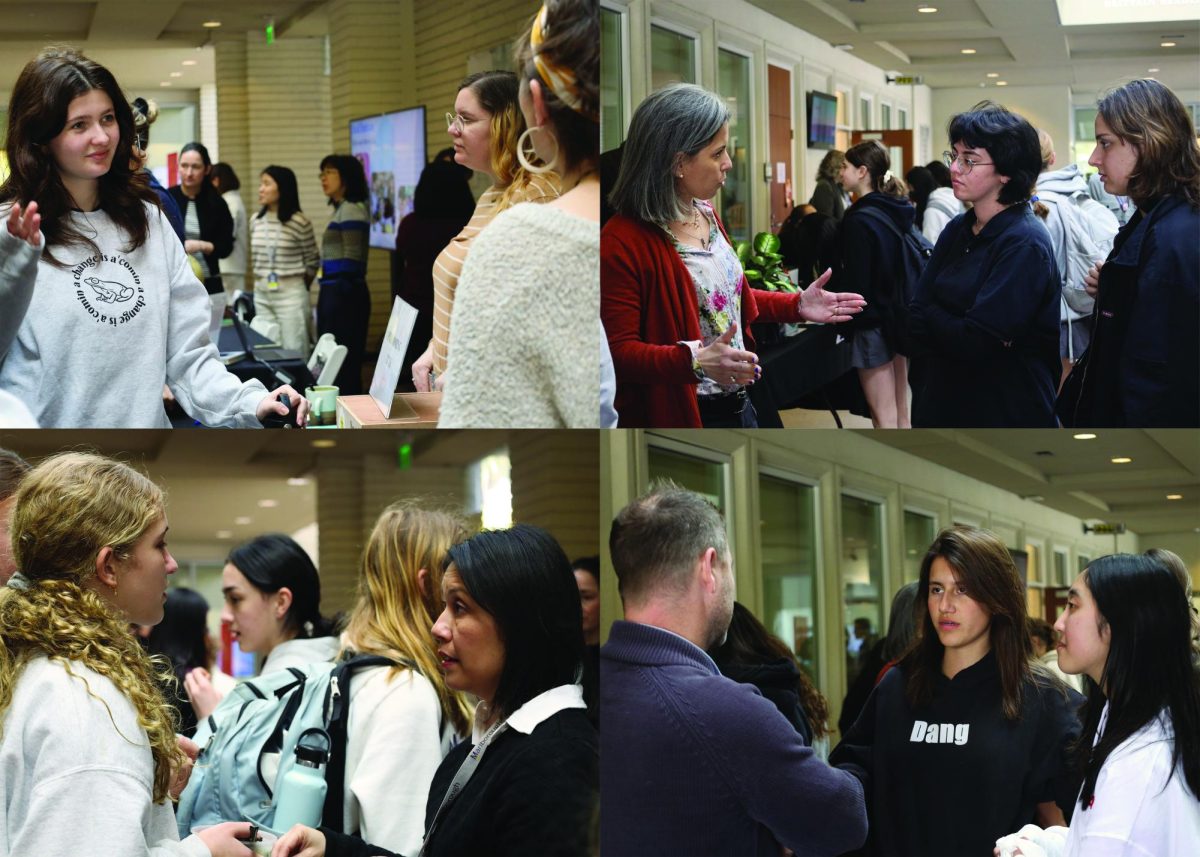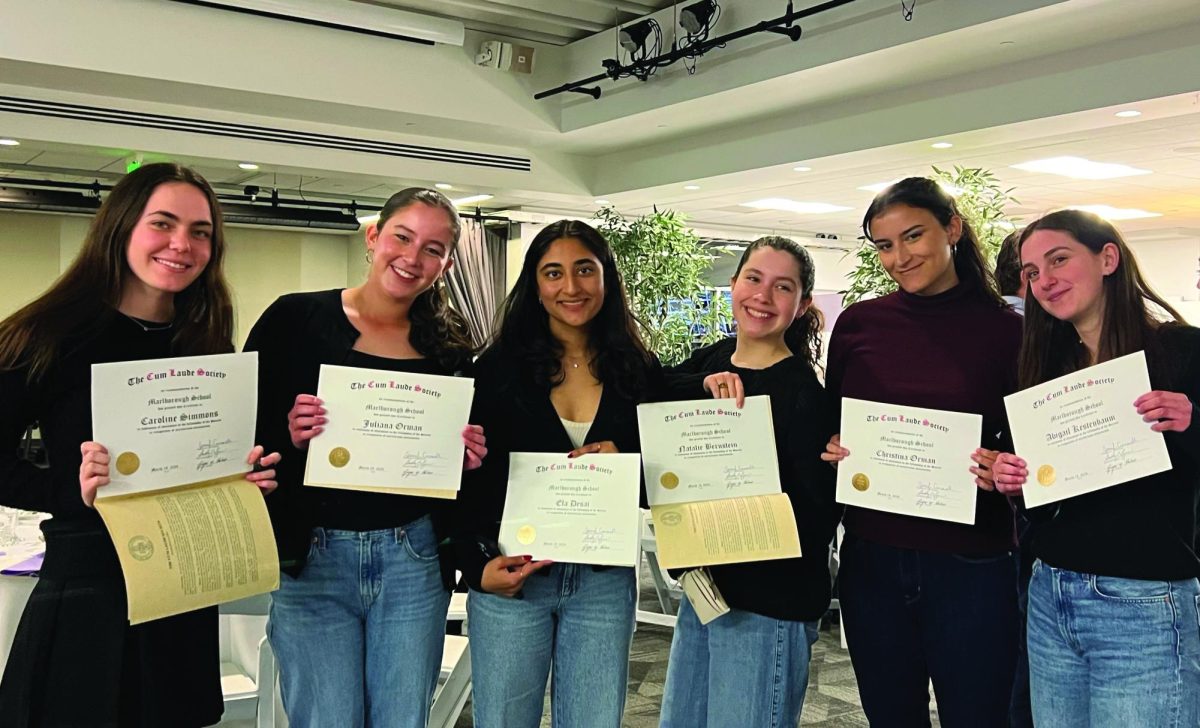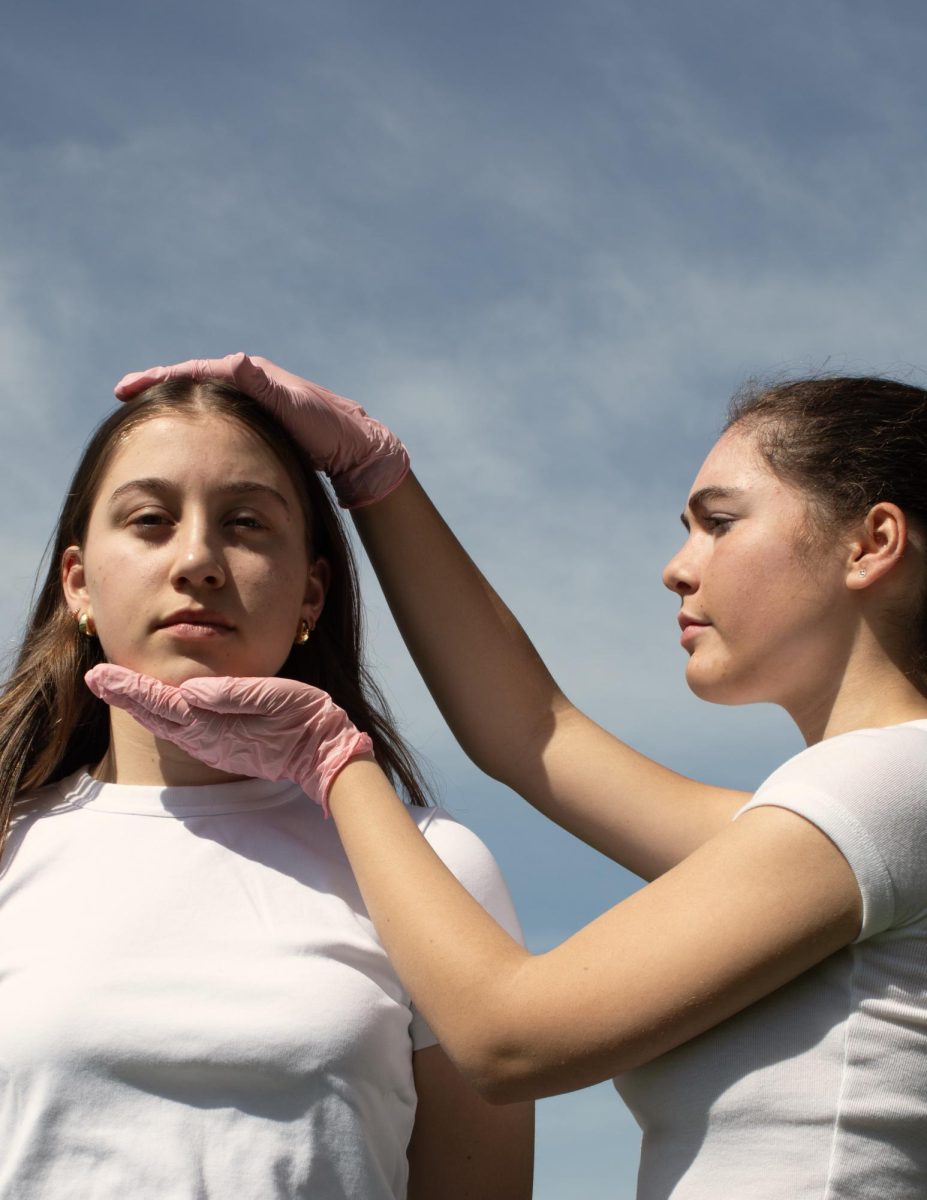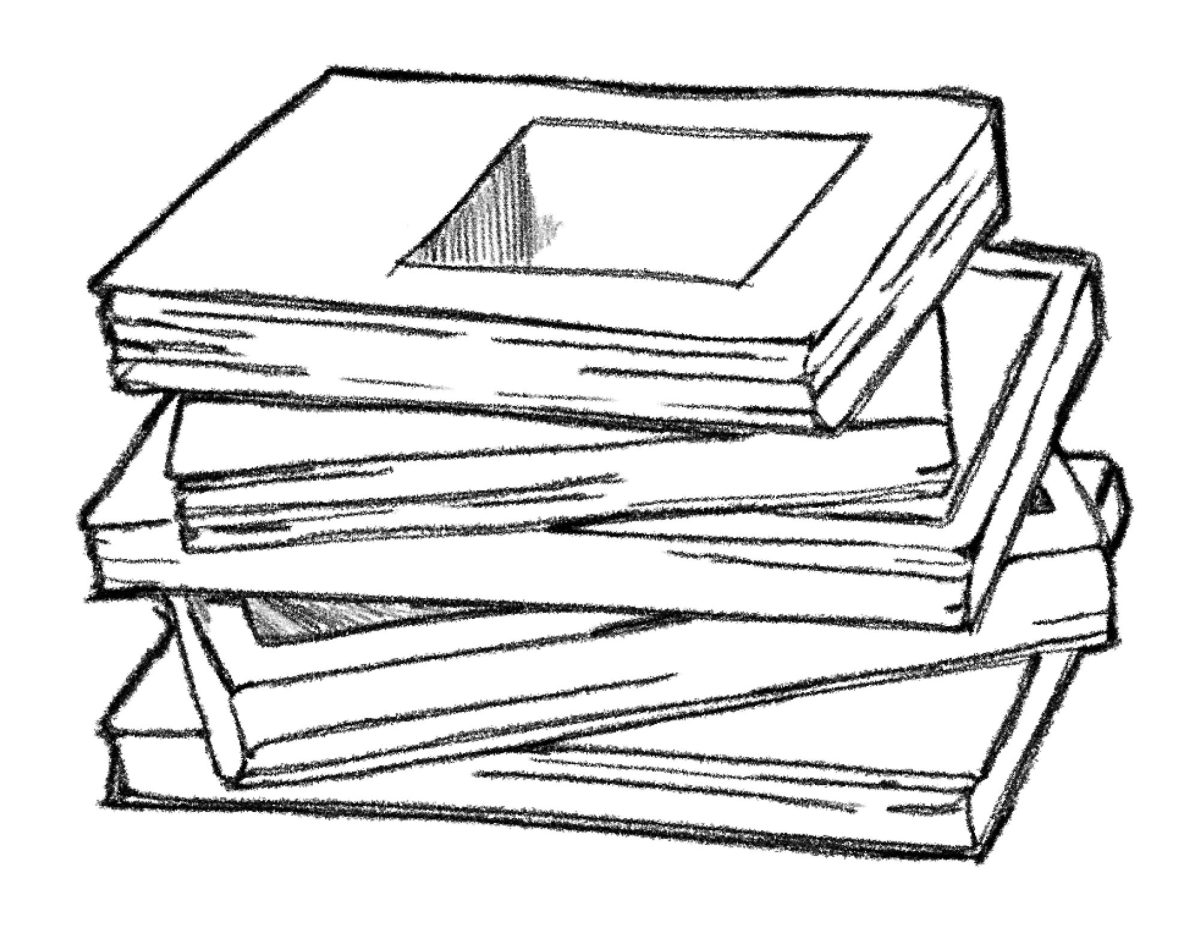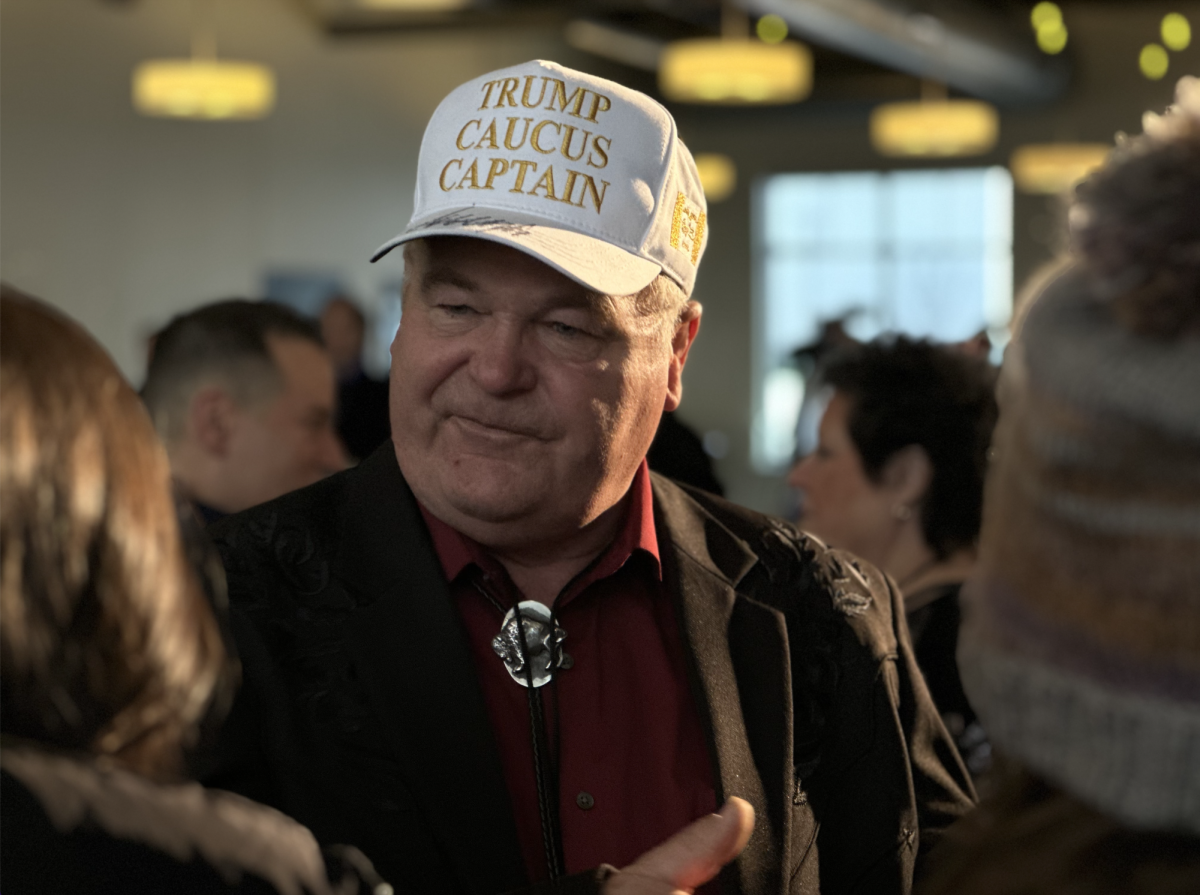By Kathryn ’13 and Heather ’11

6: the number of advanced or honors courses offered by the Science Department.
14: the number of advanced or honors courses offered by the English Department.
4: the number of hours a senior said she spends studying for a test in her “regular” science class.
1: the number of hours a sophomore said she spends studying for a test in her “regular” history class.
90: the number of minutes a senior said she spends studying for a test in her advanced math class.
540: the number of minutes a senior said she spent studying for a test in her advanced history class last year.
Many students voiced concerns to the UV about inconsistencies in the difficulty of regular and honors courses and the disparity between opportunities available in the humanities and the sciences, raising questions about what it really means to be taking an “honors” or “advanced” class in the first place.
According to Assistant Head of School and Director of Upper School Laura Hotchkiss, the Educational Council determines the designation a course receives. Honors and AP courses receive a one point grade boost and require more work than a regular course.
“An honors course is going to mean that there will be a deeper understanding of the material. They are going to go more in depth, do the harder problems, and apply the concepts more broadly,” Hotchkiss said.
There is a clear standard among department heads about what is required of a student in an honors or AP class. Even so, students feel that the work required varies greatly across departments.
What defines an honors course?
As the amount of work in an advanced or regular course varies among disciplines, students said they feel course designations are not always accurate.
“I think biology should definitely be a honors course. There isn’t a lot of homework but I feel like the information is really hard to understand,” Kyle ’13 said.
Mollie ’11, who took regular biology in 10th grade, said that she had to put a lot of time and effort into the class.
“The only way I could get an A was by studying for the tests two weeks in advance. The teachers graded us as if we were taking an AP class,” she said.
Julia ’11 agreed that class designations are sometimes inconsistent.
“I have more work in regular chemistry than in AP Art history,” she said.
Despite these sentiments, Science Department Head Jennifer Garrison Ross said that designating regular biology as honors and having no regular class would be “like having a medium without having a small,” and that while the science department would like to offer more honors courses, there just aren’t enough teachers to do so.
Unlike students in regular biology, many students in regular history feel that the class moves at a slow pace for Marlborough.
“Regular U.S. history is really fun and laid back. It’s much easier then my others classes,” Kerry’13 said.
Elise’14 has similar feelings about Ancient Civilizations, the 9th grade regular history option.
“I wish we could move faster in history class,” Elise said.
According to History & Social Sciences Department Head Catherine Atwell, however, the department makes a conscious effort to appeal to a wide range of abilities while still preparing students for future classes.
“We’re mindful of the fact that 10th grade is a challenging year, so if your regular U.S. history class provides some relief in terms of workload then I don’t think that’s necessarily a bad thing, as long as students are learning the important concepts,” Atwell said.
Accelerated courses
Another questionable inconsistency across departments is the approval needed to take advanced courses. For all honors and AP courses in the science, math, history and foreign language departments, students must get a teacher’s recommendation and signature to sign up. Additional placement tests are also used to place students into certain classes in these departments. In the English department, however, students can sign up for any course they choose.
“We have a much more open policy,” Koetters said. “If a girl wants to challenge herself, great. 90% of the girls make the right decision for themselves.”
Despite the fact that according to Koetters, the English department encourages girls to take upper level English courses, some students who are interested in the humanities feel that they cannot pursue their passions as much as students who are interested in science or math.
Isabelle ’11, who said she considers herself an “English and humanities person,” said she is frustrated with the lack of opportunities to take accelerated English classes.
“I don’t think Marlborough values English as a subject,” she said. “There’s not one year that I can take a class that only the AP people want to take and only the AP people are getting the grade boost.”
Jewels ’11 voiced similar concerns about the lack of honors classes in the department.
“I have noticed, especially in English classes, that students have to suffer because they are clearly at a higher level than the girls they are sitting with,” she said.
Koetters said that the English department does not offer accelerated courses earlier than junior year to avoid “tracking students,” and argued that being in a mixed level class can be beneficial.
“When you separate the students out, there’s a net loss,” he said. “In my experience in English, because it is such a discussion-based class and because of the environment we try to create in the room, I think it is beneficial to have students of all different levels.”
Koetters also pointed out that AP English Literature in junior year and Honors English Seminar senior year offer ways to pursue an interest in English.
“Students come into the AP class junior year with that passion and excitement that you get from doing something that represents achievement at the highest level in the context of the Marlborough English department,” he said.
Koetters also mentioned the Honors English Seminar class, a literary theory class, as an opportunity for students who intend to be philosophy or English majors to distinguish themselves as such.
But Isabelle disagrees. “Literary theory is not what I am most interested in. I shouldn’t be persecuted because I would rather take a novel-based English class,” she said.
Women in science
Unlike the English department, the History & Social Sciences Department offers honors courses starting in 9th grade. Atwell said the sequence of history courses is specifically structured to “de-link” a course from a previous one so girls don’t feel that if they take a regular course one year, they won’t succeed in an honors course the next.
“We really encourage students to experiment with classes and take what most interests them and not focus so much on the honors and AP label,” Atwell said. “If only the label made no difference.”
Although the history department offers six AP and honors courses and eight electives, there is still some concern about how much a so-called “history person” can pursue their interests.
“In the sciences, you specialize earlier,” Amanda ‘11 said. “Starting freshman year you can go into chemistry honors and then AP Biology, AP Physics and so on. In history, the specialization really comes from what’s available in electives, which you can’t take until later.”
One particular concern is that Marlborough does not offer AP Government. Darcy Snyder, mother of Aubrey ’11, said she feels frustrated that Marlborough does not offer this course, which is available at most other independent schools.
“[Aubrey] is going to be a political science major, and she’ll probably be the only one who hasn’t taken AP Government,” she said.
Snyder also said that she feels there are more opportunities for math and science students than there are for students interested in the humanities.
“They’re paying a teacher to teach a math class to two girls, and yet there’s not AP Government,” she said, referring to Linear Algebra. “My final feeling leaving Marlborough is that it’s a great school if your daughter excels in math and science but not the humanities.”
Annie ’12 said she disagrees.
“I think the course offerings are equally balanced, but the sciences are just publicized more,” she said.
But Isabelle expressed concerns similar to Snyder’s.
“It’s clear that Marlborough values science and math because we’re an all-girls school and they’re trying to say, ‘Look, girls are good at this too,’” she said.
Julia agreed that this played a role in Marlborough’s push for those subjects.
“It’s like there’s backlash to the backlash that girls aren’t good at math and science,” Julia said.
Hotchkiss said that she is familiar with these concerns and recognizes that they may have some validity.
“When we built the new science center a few years ago, there was a definite push from the school towards the sciences. I get it that it feels like there is a lot more for science students,” she said.
However, Hotchkiss also said that many girls forget that the foreign language department is also categorized as humanities and offers a plethora of accelerated courses to choose from.
Michael Heeter, Co-Director of College Counseling, said that colleges are looking for girls who “show academic prowess in math and science.”
Nonetheless, he said he thinks the opportunities to excel in all disciplines at Marlborough are equal. He explained that highly selective institutions are generally looking for Honors and AP courses because they’re a “palpable way” for the student to show interest in a subject, but students can also clarify academic interests through other methods, such as letters of recommendation and application essays.
Jewels also feels the college push to excel in the sciences.
“As we move forward, a lot of pressure is put on math and science majors because we feel like we need to fix the world, but you need people who study the humanities just as much as you need science majors to solve the problems that exist,” she said.

